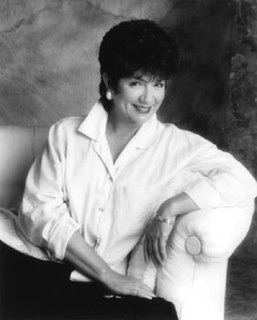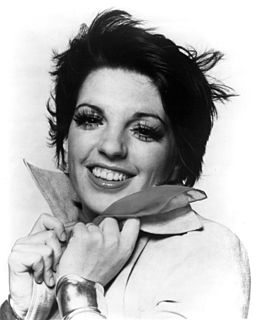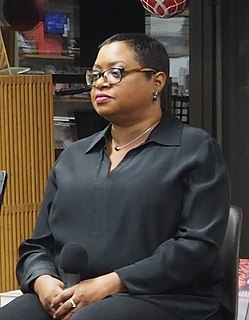A Quote by Lurlene McDaniel
She did know that the journey to happiness was laborious and strewn with seeds of suffering. She guessed that it was probably a place each person had to seek for herself, that each heart had to find on its own.
Related Quotes
She often spoke to falling seeds and said, "Ah hope you fall on soft ground," because she had heard seeds saying that to each other as they passed. The familiar people and things had failed her so she hung over the gate and looked up the road towards way off. She knew now that marriage did not make love. Janie's first dream was dead, so she became a woman.
although she went home that night feeling happier than she had ever been in her short life, she did not confuse the golf course party with a good party, and she did not tell herself she had a pleasant time. it had been, she felt, a dumb event preceded by excellent invitations. what frankie did that was unusual was to imagine herself in control. the drinks, the clothes, the instructions, the food (there had been none), the location, everything. she asked herself: if i were in charge, how could i have done it better?
She had witnessed the world's most beautiful things, and allowed herself to grow old and unlovely. She had felt the heat of a leviathan's roar, and the warmth within a cat's paw. She had conversed with the wind and had wiped soldier's tears. She had made people see, she'd seen herself in the sea. Butterflies had landed on her wrists, she had planted trees. She had loved, and let love go. So she smiled.
Yet there were times when he did love her with all the kindness she demanded, and how was she to know what were those times? Alone she raged against his cheerfulness and put herself at the mercy of her own love and longed to be free of it because it made her less than he and dependent on him. But how could she be free of chains she had put upon herself? Her soul was all tempest. The dreams she had once had of her life were dead. She was in prison in the house. And yet who was her jailer except herself?
She emptied herself of Fabio and of herself, of all the useless efforts she had made to get where she was and find nothing there. With detached curiosity she observed the rebirth of her weaknesses, her obsessions. This time she would let them decide, since she hadn't been able to do anything anyway. Against certain parts of yourself you remain powerless, she said to herself, as she regressed pleasurably to the time when she was a girl.
She (Judy Garland) was a friend of mine, a trying friend, but a friend. That is what I tell myself: She did everything she ever wanted to do. She never really denied herself anything for me. See, I say, she had a wonderful life; she did what she wanted to do. And I have no right to change her fulfillment into my misery. I'm on my own broom now.
When I looked at [Fannie Lou] Hamer and that speech it seemed to me that she had to be the bravest woman ever, to come before that body and to assert her rights, when she knew that she was going lose that battle. But she did it anyway, because she knew she was speaking not just for herself and for that day, but for me, and for all the other young women who were coming behind her. She didn't know our names, but she was working for us. I find that incredibly empowering.
She had taken him for granted, she thought with surprise and shame, watching the flickering candlelight. She had assumed his kindness was so natural and so innate, she had never asked herself whether it cost him any effort. Any effort to stand between Will and the world, protecting each of them from the other. Any effort to accept the loss of his family with equanimity. Any effort to remain cheerful and calm in the face of his own dying.
She had been ready to love this man from the moment she first saw him. In all these years, that had never changed. They'd hurt each other, let each other down, and yet, here they were after everything, together. She needed him now, needed him to remind her that she was live, that she wasn't alone, that she hadn't lost everything.

































